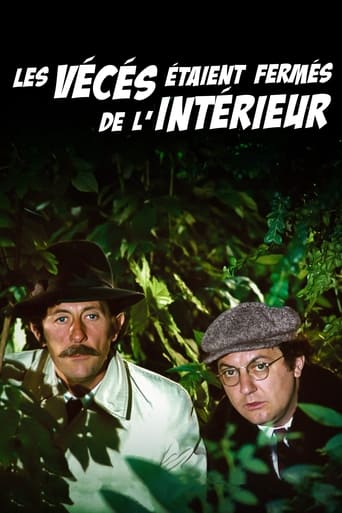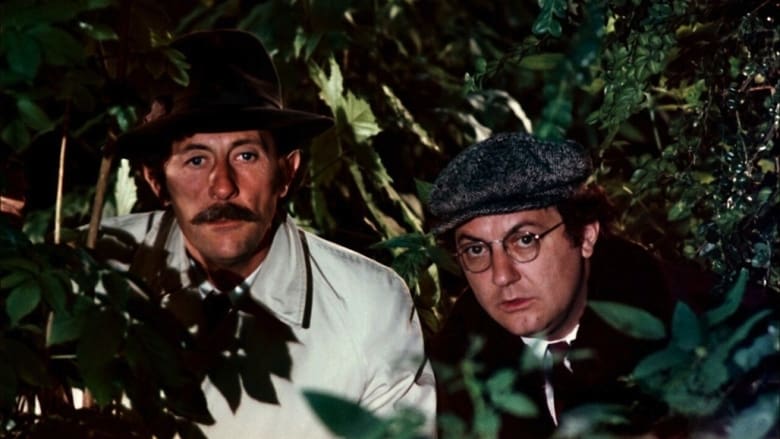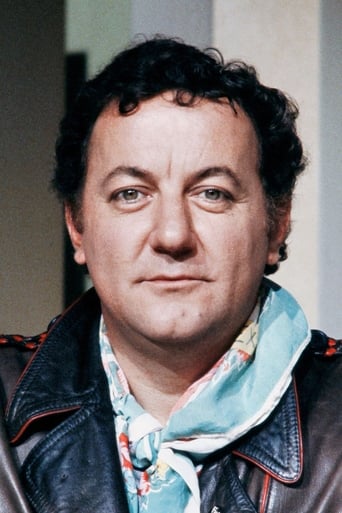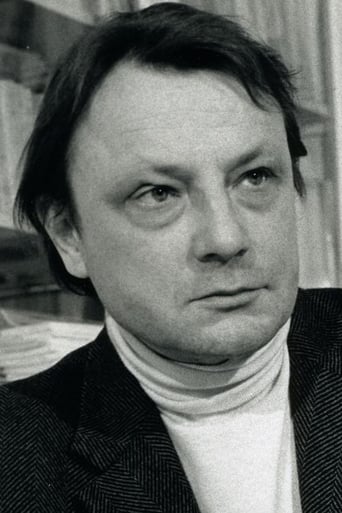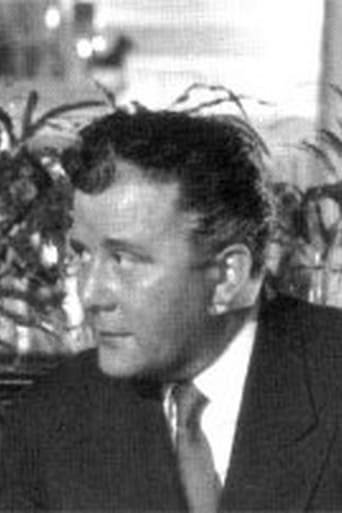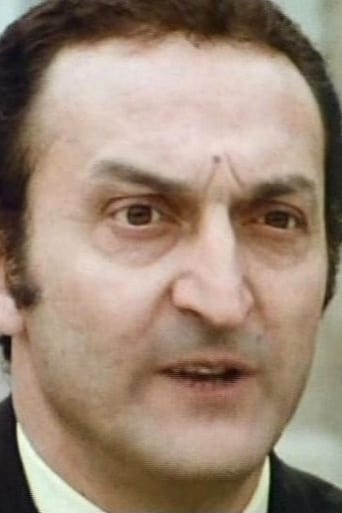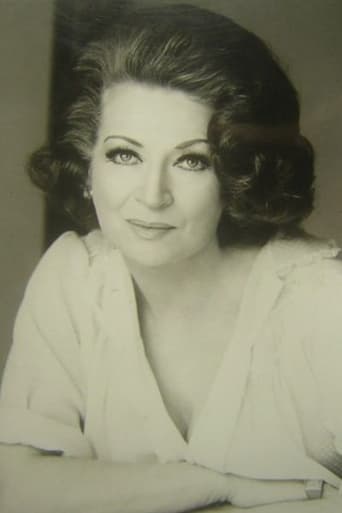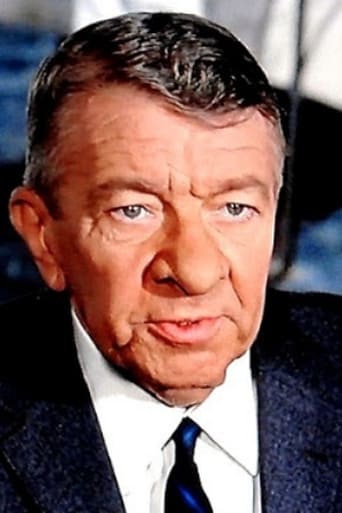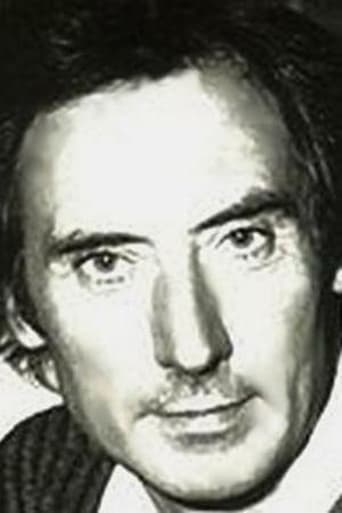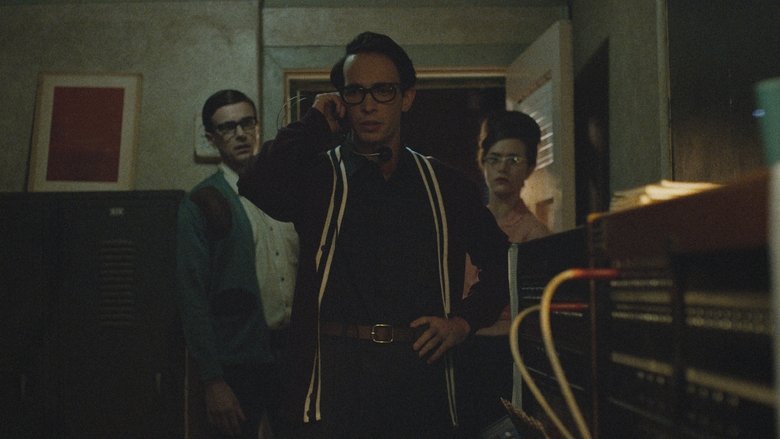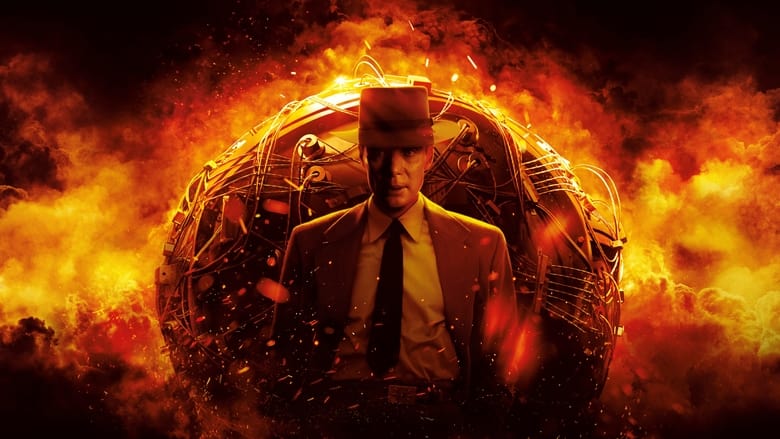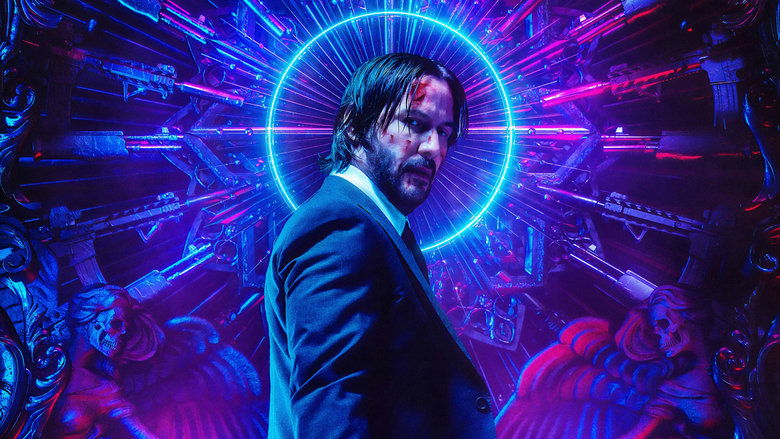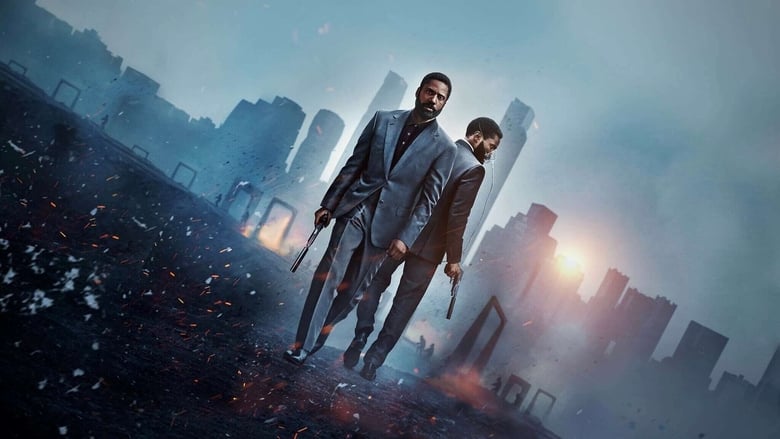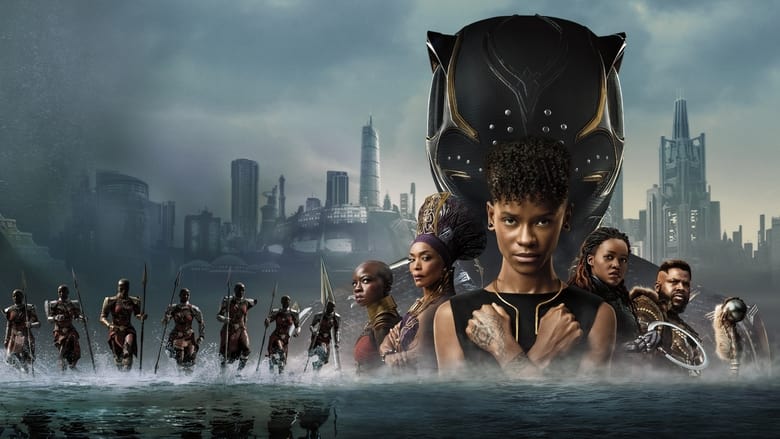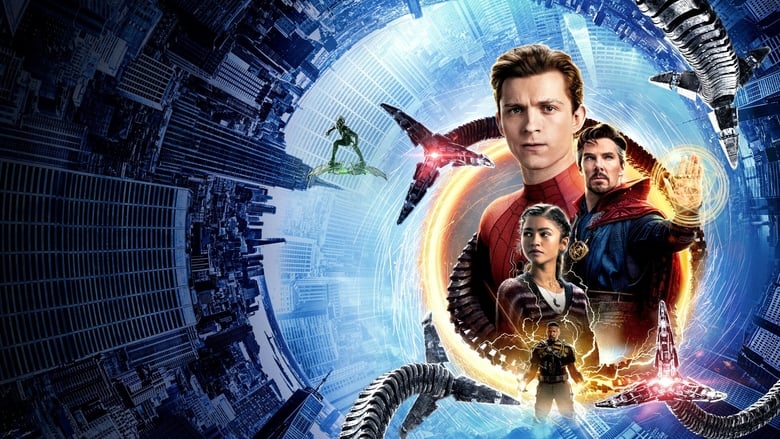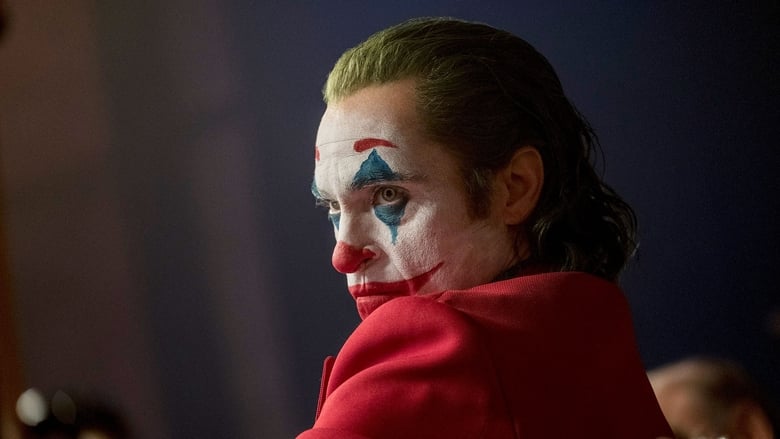A bus conductor gets dressed for work in the morning, goes to the toilet, where he is killed by a bomb. The Commissioner and his fat, bumbling assistant, Inspector Charbonnier are put on the case. After interviewing friends, wives, colleagues, and spying on strangers who might be connected, our heroes trace the assassin down to a mental institution where, it seems, the murder victim has been an inmate for the last three years...


Similar titles
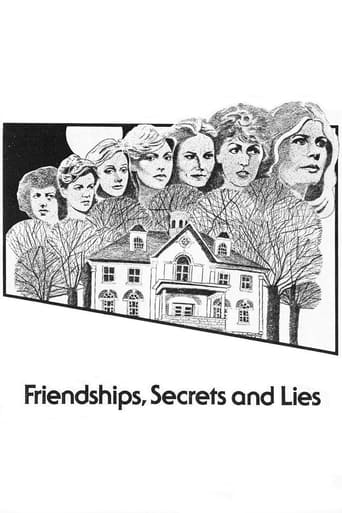
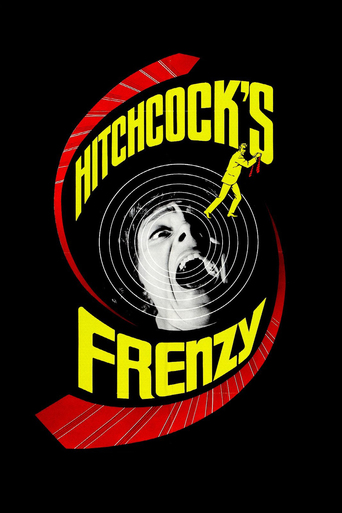
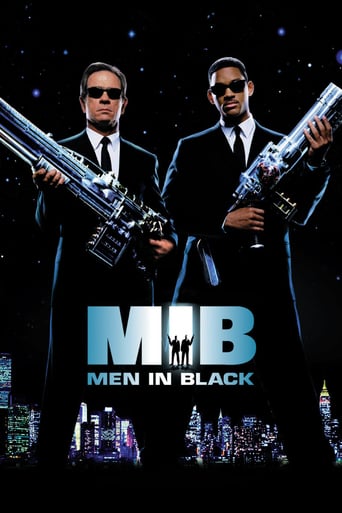
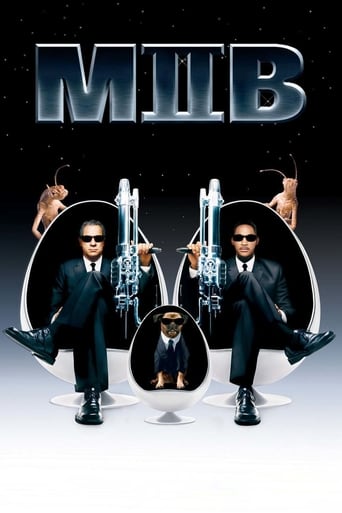
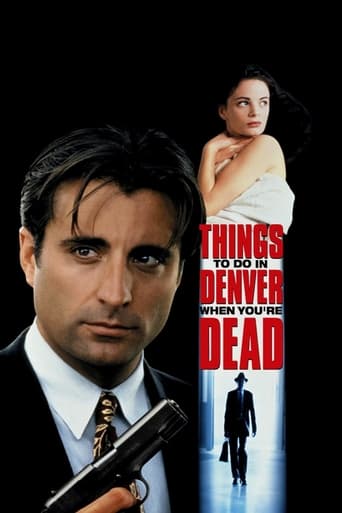
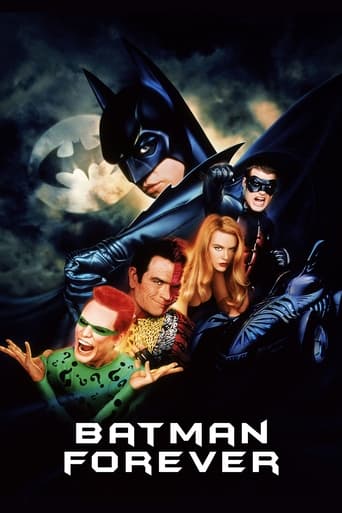
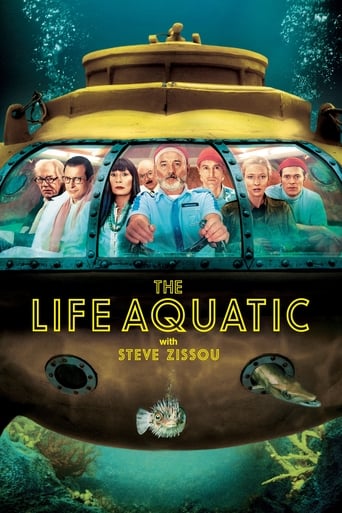
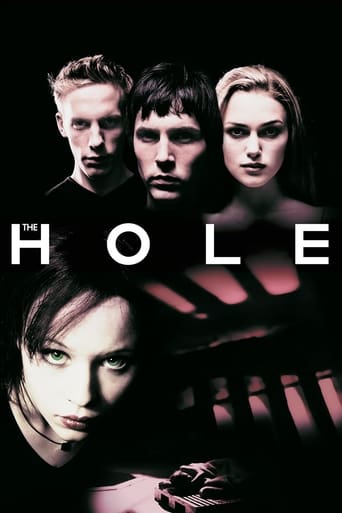

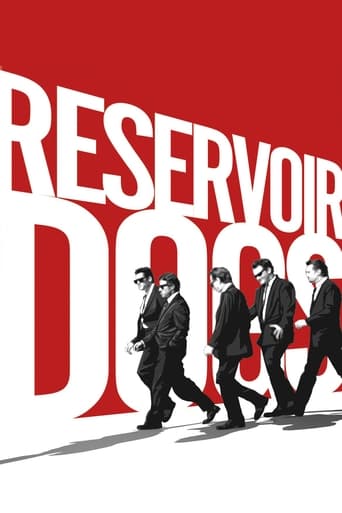
Reviews
Between 1969 and 1973 Patrice Leconte made three short films before his first feature - this one - in 1976. There are only two reviews on IMDb and they are both negative but then Billy Wilder's GREAT 'vulgar' movie 'Kiss Me, Stupid' drew exactly the same reaction back in 1964; the difference, of course, is that by 1964 Wilder had no need to prove himself to anyone, he'd been writing scrips since 1930, directed his first film in 1934 - in Paris with Danielle Darrieux - and by 1964 had a string of classics under his belt, not least Sunset Boulevard, Ace In The Hole, Double Indemnity, The Lost Weekend, The Apartment, Some Like It Hot, so a little flak from petulant critics wasn't about to bother him. Leconte also proved himself able to attract bouquets as well as brickbats and now has a string of successes to HIS credit. For several years I've been speaking to French people who lauded this film and urged me to seek it out, not least the personnel of the Institute Francais and Cine Lumiere (they share a building) in London. Now I have finally seen it and though I am ready to concede its targeting of the lowest common denominator and a lack of chemistry between the two male co-stars I'm not prepared to dismiss it out of hand, mindful that it is a first attempt at a feature film and unless we happen to be Orson Welles we all have to learn our craft.
This is Patrice Leconte's very premier film as a filmmaker and I hate to say this for a director I admire: it's a total failure at all levels. It's evident here that Leconte was trying to handle the rules of long feature movie and probably felt uncomfortable with it.On a simple, oddball detective story, the filmmaker seemed to have designed his work as a comic strip with incongruous elements to give it an absurd feeling but the result doesn't work. On the paper, it would have been funny to read this kind of story but Patrice Leconte didn't manage to find a cinematographic equivalent to make this comic strip alive on the screen. As for the visual offbeat effects, they fall flat and barely make an indifferent viewer smile.Don't be fooled by the presence of Jean Rochefort, one of Patrice Leconte's favorite actors, he seems to be bored and doesn't care about his role. It's necessary to say that at the time him and Leconte were not in good terms. So, imagine the vibe there was during the shooting. But Leconte will have his revenge with the sublime "Tandem" (1987). And what about Coluche? You'd better see him in his one-man shows.Definitely not the Leconte to start with. Only for his hardcore fans.
Nowadays Patrice Leconte is a respectable member of the arthouse fraternity, offering tasteful middle-class entertainments, such as the agreeablely tantalising THE HAIRDRESSER'S HUSBAND, the prettily dubious TANGO, the restrained hothouse MONSIEUR HIRE, and the costume drama par excellence, RIDICULE. These films are characterised by deft verbal play, elegant visuals, affected cynicism and a mild, bittersweet romanticism. In the 70s and early 80s, however, Leconte was notoriously successful for a series of crude comedies of which this is a deceptively shoddy example. The film's title - roughly translated as 'The Jacks Were Locked From The Inside' - sets the tone. A bus conductor gets dressed for work in the morning, goes to the toilet, where he is killed by a bomb. The Commissioner and his fat, bumbling assistant, Inspector Charbonnier (Charbo) are put on the case. After interviewing friends, wives, colleagues, and spying on strangers who might be connected, our heroes trace the assassin down to a mental institution where, it seems, the murder victim has been an inmate for the last three years.VECES suffers from many of the flaws Leconte's early films are reviled for; vulgar, laddish humour, erratic construction and an indifference to plot, a preference for caricature over character, and a singularly implausible solution. Worse is a misogyny that is either leeringly voyeuristic - on three occasions, the policemen encounter naked women (opening a door, sitting in a train, dancing on a porch) for no good reason other than spectacle - or brutally sadistic (the cliff scene with the prostitute).All this is true, but Leconte didn't suddenly become intelligent overnight, and underneath the childish shock tactics a brilliant brain is working. At the time VECES was made, by far the most popular type of film in France was the polar, policier or police crime film. Although frequently dour, downbeat and violent, these films presented a masculinity, sometimes glamorous (eg Belmondo, Delon), sometimes brutal, always dogged and solid, that offered an image of flawed dependability and honorabililty amid all kinds of corruption. This was a regressive regrouping of embattled masculinity after the post-1968 threat of collectivity and feminism.Leconte wastes no time in satirising these films. The polar depended on a single male identity being able to order chaos and reassert normality. Leconte splits his opening points of view between assassin and police inspector, and never allows the latter to control the narrative. The tone throughout is parodic, refusing the hardboiled nobility usually offered the police inspector. Our heroes are idiots - the boss less so because of his air of assumed gravity which makes Charbo look up to him; but their methods are arbitrary and inept; their leads aren't based on science, or even instinct, just blundering graspings at clues. They follow one man just because he was the only one in a club not to know the murder victim - not unusual since he'd just joined.Police in polars were often violent, but with equally thuggish criminals. The pair here are frightened little boys who hide behind their badge to bully women and old men. They never see the woods for the trees, although they have a hard time finding the latter too.The French crime tradition, ironically, is differentiated from Amercian and British, by its anti-Enlightenment emphasis on ambiguity, unknowability and open ends. Leconte typically invokes this tradition, sceptical of the reactionary Establishment, to critique what the genre has become, by alluding to the genre's founding texts (Allain et Souvestre's 'Fantomas', a dizzying model of Protean unaccountability, and Leroux's 'Le Mystere De La Chambre Jaune', where the criminal is the detective). The clearcut unity required by the detective/ villain model is ridiculed here in the profusion of doubles and more. The 'solution' is so implausible that not even the Inspector believes it, and Leconte closes the film with a quote from Boileau-Narcejac, master theorists and practitioners of the genre (they wrote the originals for LES DIABOLIQUES and VERTIGO), that he has just so wildly undermined.But even if the film hadn't been more progressive than it first appeared (even the naked women could be seen as subjective visualisations of the policemen's impotent desire - scarcely less offensive, but still...), and even if Leconte's style with its penetrating zooms, excessive stylisations (the cliff-scene is magnificent, partly because it is so objectionable), mocking use of music, is actually more inventive than he has managed lately; I have to admit that I enjoy vulgar laddish humour and obvious slapstick to an excessive degree; that the film is full of priceless moments, and that the two leads (including HAIRDRESSER's Jean Rochefort) are great fun.
